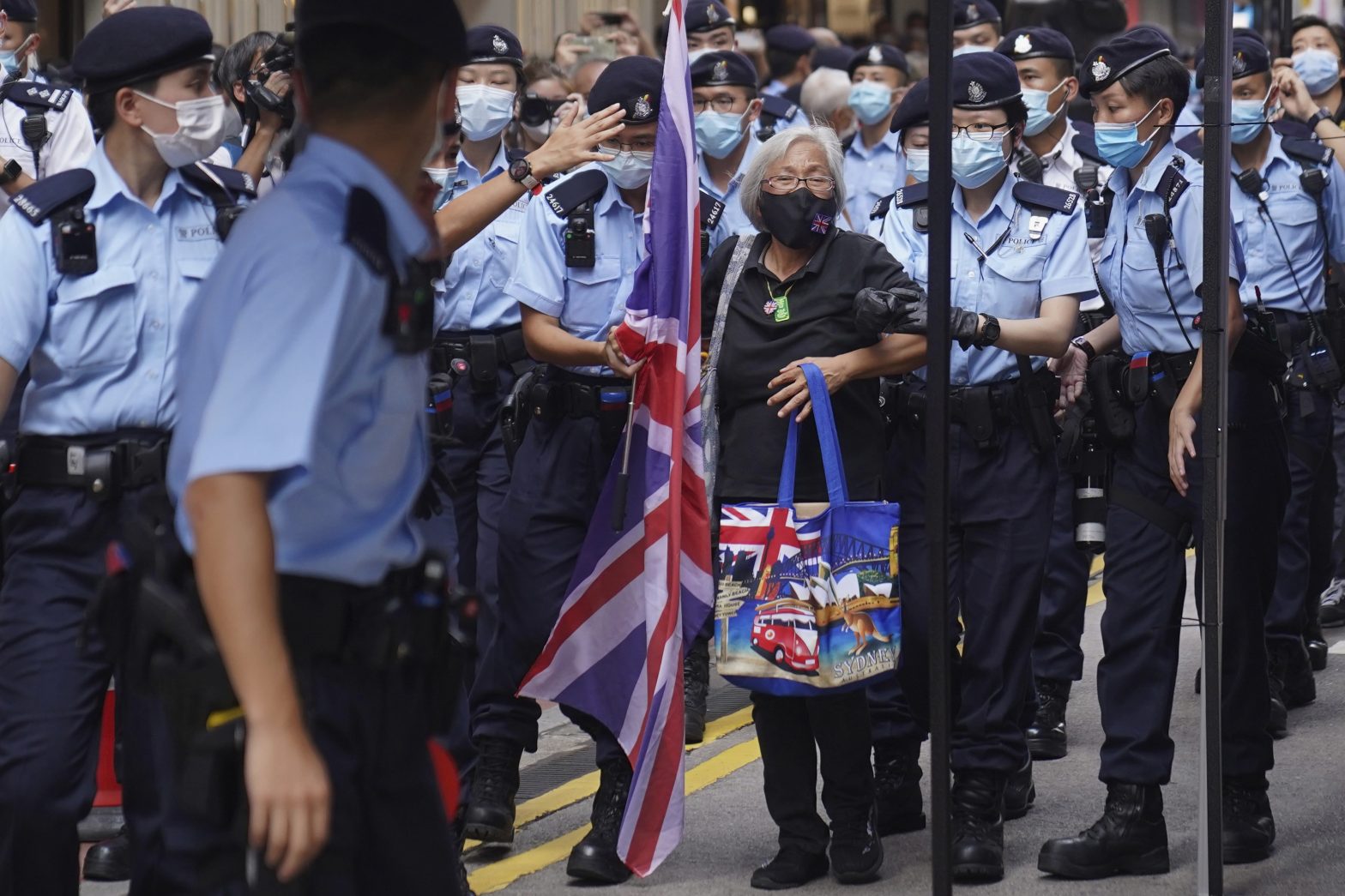Big Tech Industry Group Criticizes Hong Kong’s Vague Data Rules

An industry group representing Google, Facebook and other Internet companies warned Hong Kong’s government that changes to the city’s data-protection laws could dramatically curb the companies’ ability to provide services to it.
The problem, the letter says, is vaguely worded rules that the Singapore-based Asia Internet Coalition says could have a profoundly negative impact on due process, while posing a risk to “freedom of expression and communication.”
Hong Kong officials say the new rules were created to curb so-called doxxing — the targeted disclosure of individuals’ private information.
Once a colony of the British Empire, the territory of Hong Kong was transferred to China in 1997 with the understanding that it would remain a “special administrative region” of the People’s Republic of China.
Under the agreement, Hong Kong reputedly maintains separate government and economic systems from mainland China under a principle of “one country, two systems.”
That scheme allowed Hong Kong to continue to flourish as a banking and technology epicenter in Asia. As a result, many major internet companies maintain extensive offices and servers there.
However, in recent years, China has been imposing a wide range of harsh new rules, limiting the city’s former freedoms.
For instance, under a proposed privacy ordinance, the city faces a new digital reality in which the authorities have broad surveillance and censorship powers.
Among its provisions is one that suggests Hong Kong police could arrest local employees and impose fines on the tech companies if they are not responsive to the new doxxing rules.
In its letter, the coalition says it understands the proposed ordinance is intended protect the “safety and personal data privacy of individuals” and it acknowledges “[d]oxxing is a matter of serious concern.”
But at the same time, the coalition says, “[w]e also believe that any anti-doxxing legislation, which can have the effect of curtailing free expression, must be built upon principles of necessity and proportionality.”
“Across aspects of social life, introducing sanctions aimed at individuals is not aligned with global norms and trends, and with tort law generally,” the letter continues. “It is normally reserved for those persons that actively and wilfully participate and direct activities that evidently cause physical harm.
“Introducing severe sanctions and especially personal liability in relation to assessing requests for taking down content has the consequence of encouraging online platforms to conduct little to no review of requests and over-block content, which will likely result in grave impact on due process and risks for freedom of expression and communication,” it says
“The only way to avoid these sanctions for technology companies would be to refrain from investing and offering their services in Hong Kong, thereby depriving Hong Kong businesses and consumers, whilst also creating new barriers to trade,” the coalition concluded. “Thus, the possibility of prosecuting subsidiary employees will create uncertainties for businesses and affect Hong Kong’s development as an innovation and technology hub.”
























